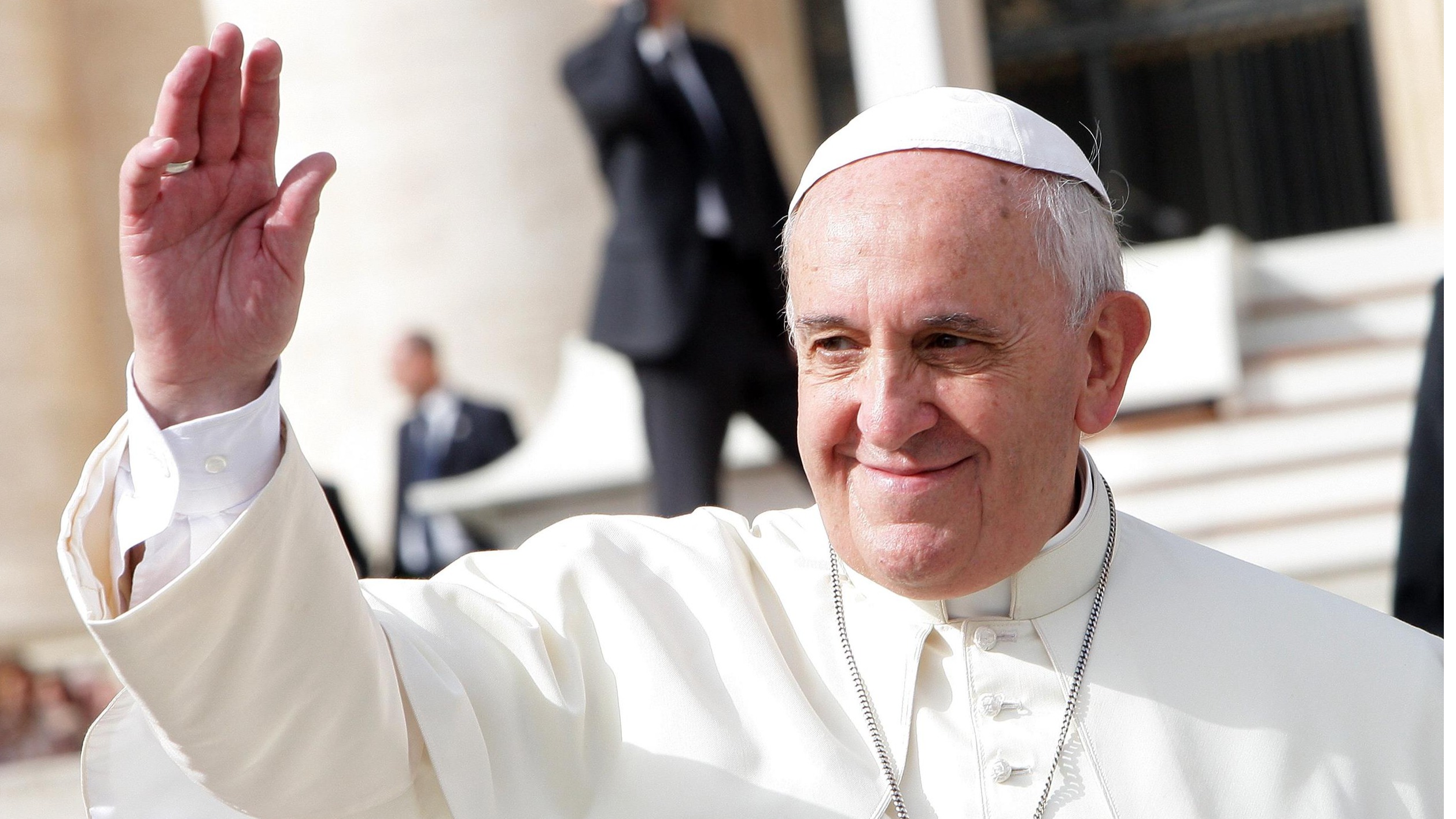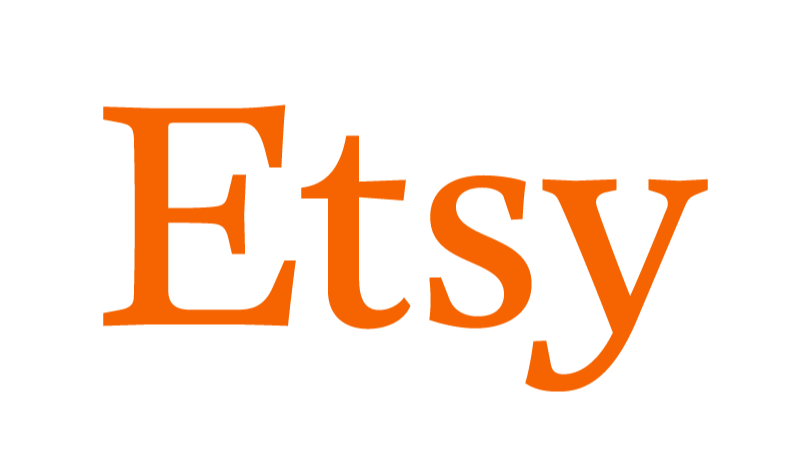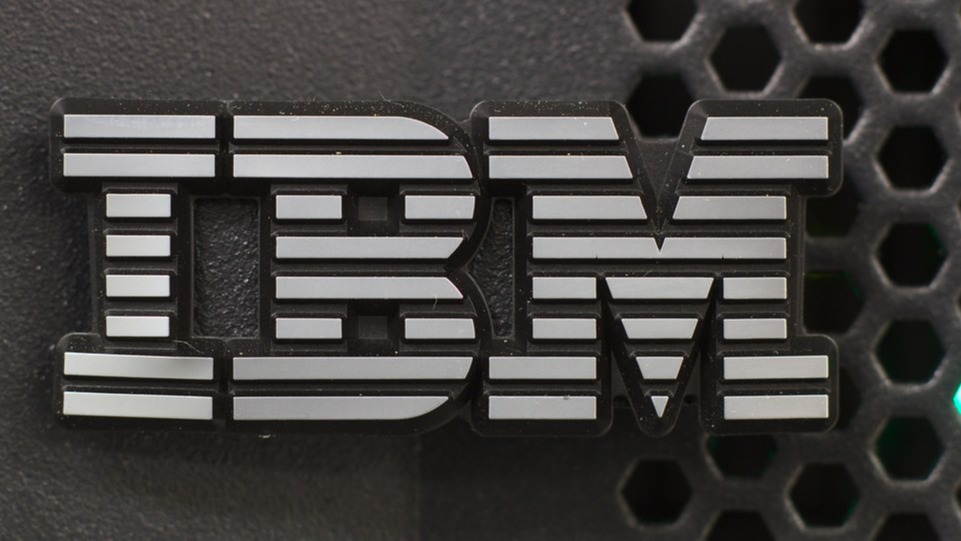Pope Francis has called for an international treaty to regulate artificial intelligence (AI), warning that we risk falling into the spiral of a “technological dictatorship”.
In his annual message for the Roman Catholic Church’s World Day of Peace on 1 January, the pope made the technology the focal point of his statement, entitling the message “Artificial Intelligence and Peace”.
The letter is traditionally sent to world leaders and heads of institutions like the United Nations.
In the letter, he writes of “the progress of science and technology as a path to peace” before diving into the promise and risk of AI.
In a pointed statement to lawmakers, he writes: “The global scale of artificial intelligence makes it clear that, alongside the responsibility of sovereign states to regulate its use internally, international organisations can play a decisive role in reaching multilateral agreements and coordinating their application and enforcement.
“In this regard, I urge the global community of nations to work together in order to adopt a binding international treaty that regulates the development and use of artificial intelligence in its many forms.”
He notes that “the goal of regulation, naturally, should not only be the prevention of harmful practices but also the encouragement of best practices, by stimulating new and creative approaches and encouraging individual or group initiatives.”
“This process of ethical and juridical discernment can prove a precious opportunity for shared reflection on the role that technology should play in our individual and communal lives, and how its use can contribute to the creation of a more equitable and humane world,” Francis states.
“For this reason, in debates about the regulation of artificial intelligence, the voices of all stakeholders should be taken into account, including the poor, the powerless and others who often go unheard in global decision-making processes.”
While praising AI’s potential for advancing developments, the pope warns that “by proposing to overcome every limit through technology, in an obsessive desire to control everything, we risk losing control over ourselves.”
Latest News
-
TikTok finalises deal to split US operations from Chinese parent
-
Ubisoft scraps several titles and studios to reduce costs
-
Macy's deploys ad server tech to improve media network
-
Tesco announces 10-week trial of new crime reporting platform
-
Jeff Bezos’ Blue Origin announces space-based internet network to rival Musk’s Starlink
-
Starling and Lloyds Bank IT leaders named AI champions by UK government
The future-ready CFO: Driving strategic growth and innovation
This National Technology News webinar sponsored by Sage will explore how CFOs can leverage their unique blend of financial acumen, technological savvy, and strategic mindset to foster cross-functional collaboration and shape overall company direction. Attendees will gain insights into breaking down operational silos, aligning goals across departments like IT, operations, HR, and marketing, and utilising technology to enable real-time data sharing and visibility.
The corporate roadmap to payment excellence: Keeping pace with emerging trends to maximise growth opportunities
In today's rapidly evolving finance and accounting landscape, one of the biggest challenges organisations face is attracting and retaining top talent. As automation and AI revolutionise the profession, finance teams require new skillsets centred on analysis, collaboration, and strategic thinking to drive sustainable competitive advantage.
© 2019 Perspective Publishing Privacy & Cookies









Recent Stories